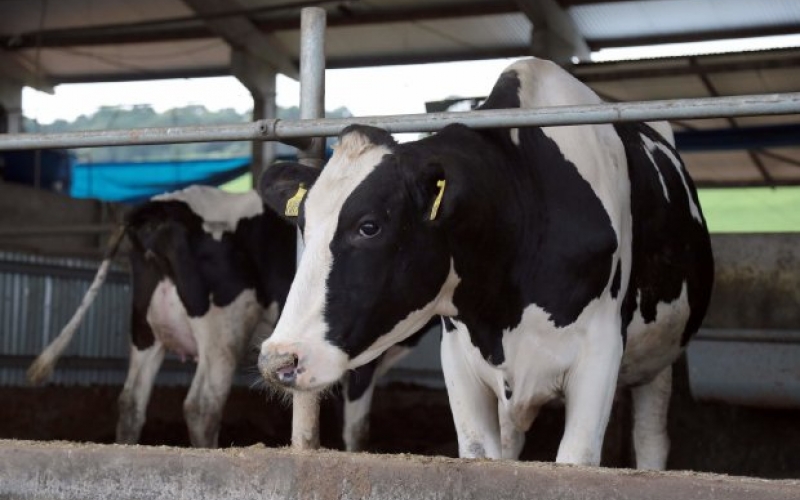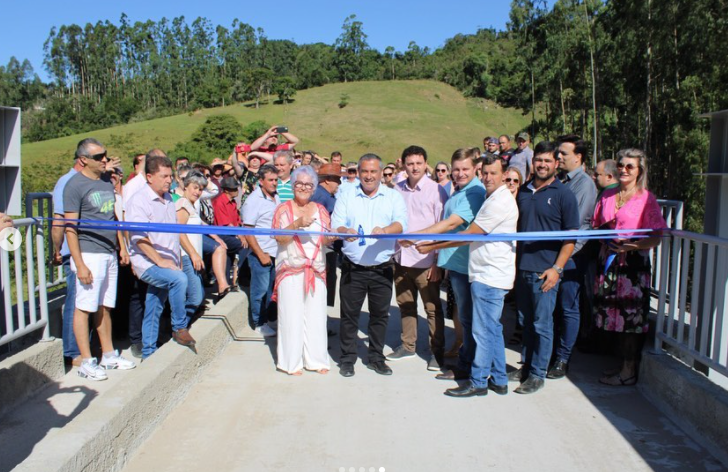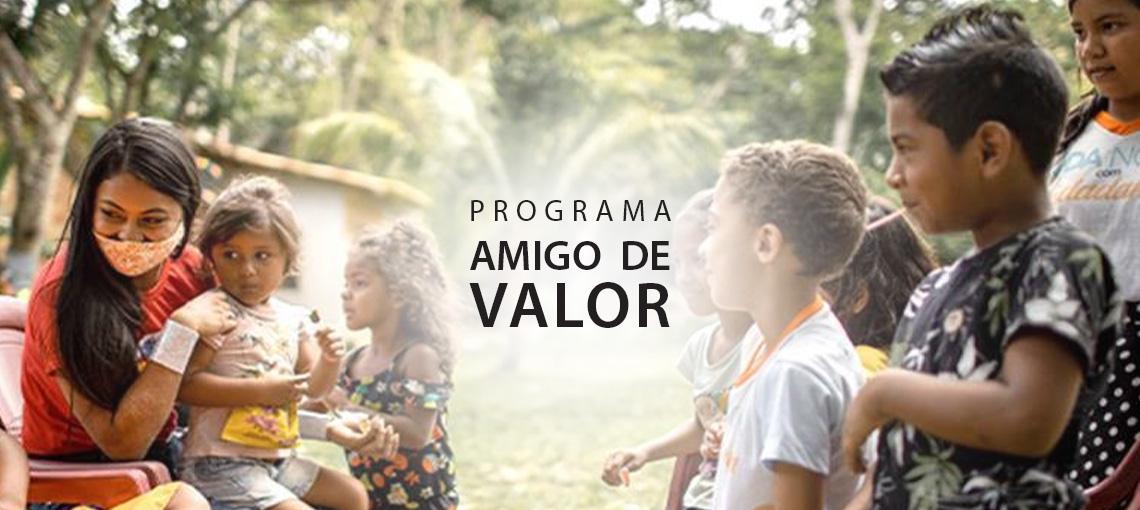By Sheila Rosa
Santa Catarina takes another important step towards the eradication of brucellosis and bovine tuberculosis in the state. From now on, dairy products must control the traceability of milk and redouble the attention to animal health. The measures are part of Ordinance SAR 44/2020, prepared by the Secretary of State for Agriculture, Fisheries and Rural Development and published in early January.
“The objective is to reduce the cases of brucellosis and tuberculosis in the Santa Catarina herd by preventing disease on the property and monitoring production for the early detection of new cases. As these diseases are transmitted to people, the elimination of the disease in the bovine herd aims to protect the general population“, explains the veterinarian and coordinator of the State Program for the Eradication of Brucellosis and Tuberculosis (PEEBT), Karina Diniz Baumgarten
The Secretariat of Agriculture brings new rules to organize the registration of dairy cattle producers and to monitor animal health. With the new Ordinance, there will also be greater control over the receipt of chilled raw milk by establishments registered with the official inspection service – municipal (SIM), state (SIE) or federal (SIF).
In practice, establishments that receive milk or process refrigerated raw milk will have to track all the raw material and order bovine brucellosis and tuberculosis tests from their suppliers . In other words, it will be possible to identify the data for each milk supplier and verify that they follow all health requirements.
In addition, periodically, milk samples must be collected from each supplier’s tank. With the mapping of the entire production chain, the intention of the Secretariat of Agriculture is to further reduce the cases of brucellosis and bovine tuberculosis , providing more security for rural producers and consumers.
The State Government wants this to be another competitive advantage for Santa Catarina’s agribusiness in conquering demanding markets, mainly for the export of dairy products. “Animal health is an important factor for the marketing of products of animal origin. Compliance with the ordinance brings benefits both to the industry, which will inform the correct traceability and quality of milk to expand markets, and to the population, who will have access to better quality milk” says Karina Diniz Baumgarten.
SAR Ordinance 44/2020 was prepared with the collaboration of the Integrated Agricultural Development Company of Santa Catarina (Cidasc) and representatives of the milk production chain in the state.
Disease prevention
Milk producers must always keep their property register and herd information updated in Cidasc’s computerized system.
There are also requirements for the control of brucellosis and tuberculosis: acquiring animals for breeding or dairy production with negative tests for diseases; perform the tuberculosis examination in the entire herd once every three years; the brucellosis test must be done in the milk of the complete milking, in the cooling tank, every 12 months.
Milk production in Santa Catarina
Santa Catarina produces more than three billion liters of milk per year and is the fourth largest Brazilian producer. With more than 70 thousand families involved in the activity, the state has 130 companies that benefit the product.
International reference in animal health care
One of the great differentials of Santa Catarina’s agribusiness is the extreme care with animal health. Santa Catarina is the only Brazilian state certified by the World Organization for Animal Health (OIE) as an area free of foot-and-mouth disease without vaccination and, in the last year, it was recognized with the lowest prevalence of animal brucellosis in the country.
According to the National Program for the Control and Eradication of Brucellosis and Animal Tuberculosis, of the Ministry of Agriculture, states can be classified from A to E according to the prevalence of diseases. Santa Catarina is the only Brazilian state with an A classification for brucellosis and, along with four other states, it also obtained a maximum score for tuberculosis.
Zoonoses affect less than 2% of the Santa Catarina cattle herd. This is the result of a great effort in the State Government, through the Secretary of State for Agriculture, Cidasc and the productive sector to eradicate diseases.
Investments to eradicate brucellosis and tuberculosis
Also in 2020, the Secretariat contributed another R $ 283 thousand to increase the chain of surveillance and location of properties with suspected outbreaks of diseases, carrying out definitive diagnoses and slaughtering infected animals, reducing risks to public health and raising the status livestock health of Santa Catarina.
Last year, Santa Catarina counted more than a thousand rural properties certified as free from brucellosis and tuberculosis. Approximately 500 thousand tests are carried out every year to analyze the presence of zoonoses in the Santa Catarina herd.
Compensation to producers
Animals affected by brucellosis or tuberculosis are slaughtered sanitaryly and the owners are compensated by the Secretariat of Agriculture, with support from the State Animal Health Fund (Fundesa). With compensation, producers can purchase healthy animals to continue the production of meat and milk.
In 2020, the State Government invested more than R $ 11.7 million in compensating rural producers for the slaughter of sick animals – the largest sum since the creation of Fundesa in 2004.
(Source: Press Office of the Secretary of State for Agriculture, Fisheries and Rural Development)



